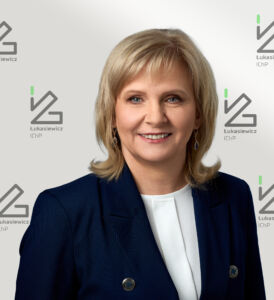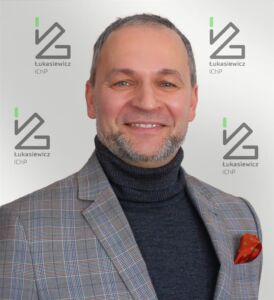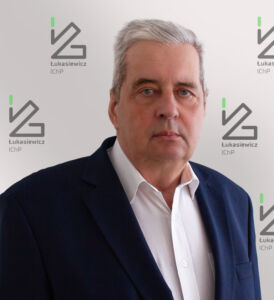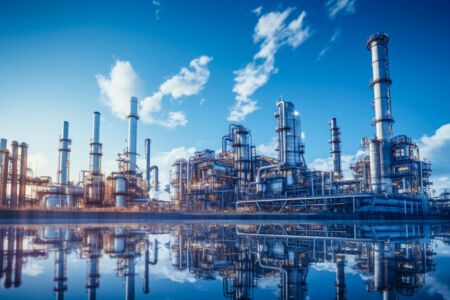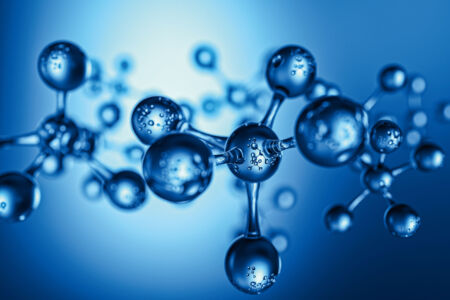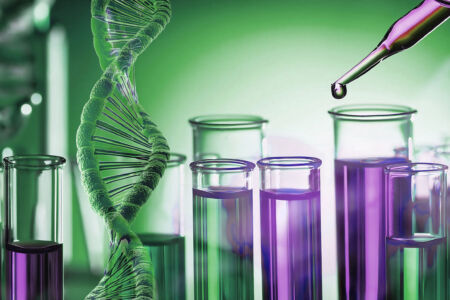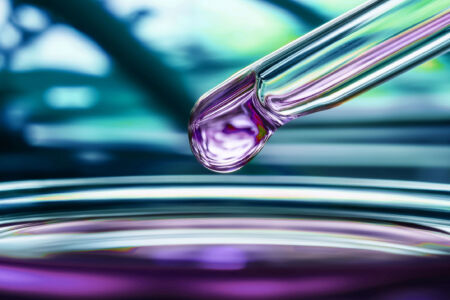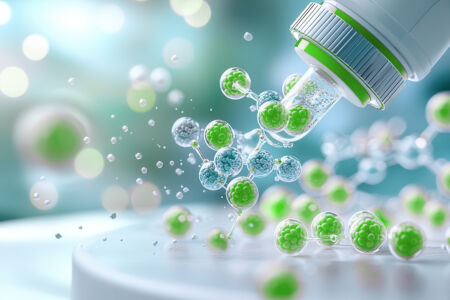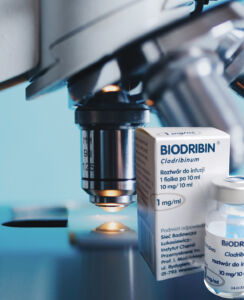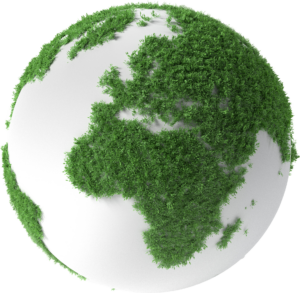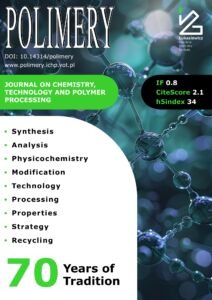
A sustainable
future begins
with chemistry
We create sustainable solutions in the fields of industrial chemistry, biotechnology, and modern pharmacy. We are committed to over a century of experience.


PEOPLE AND ORGANIZATION
Management
Our Liders
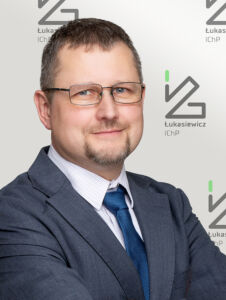
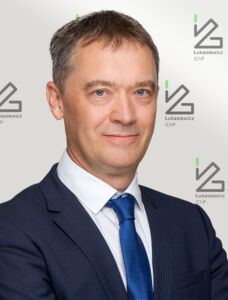
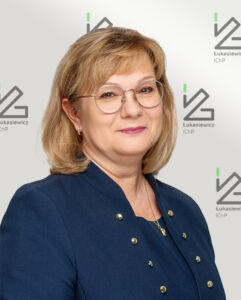
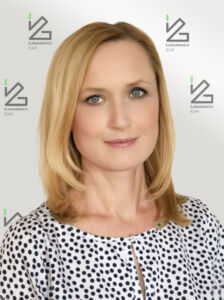
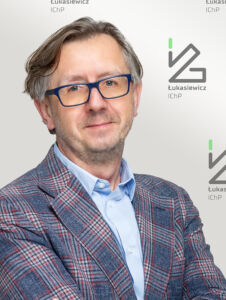
Institute Council
The Council of Łukasiewicz – Industrial Chemistry Institute
Władysław Wieczorek, prof. Dr. Eng.
Council President (dean of the Faculty of Chemistry, Warsaw University of Technology)
Wojciech Myślecki, PhD. Sc. Eng.
Deputy President of the Council (PhD, professor h.c. University of Life Sciences in Wroclaw)
Antoni Migdal, PhD. Sc. Eng.
Council Secretary (PhD Eng., Łukasiewicz – ICI
Paweł Bielski, PhD. Sc. Eng.
(Vice-President of the Management Board, Grupa Azoty)
Piotr Brzeziński, M.Sc.
(Director of Research and Development at VIVE Textile Recycling Sp. z o.o.)
Sebastian Grzyb, PhD Eng.
(Rector of the Warsaw College of Engineering and Health Sciences)
Marek Henczka, prof. Dr. Eng
(Dean of the Faculty of Chemical and Process Engineering, Warsaw University of Technology)
Małgorzata Kęsik-Brodacka, PhD prof. NIL
(Zastępca Dyrektora ds. Naukowych w Narodowym Instytucie Leków)
Katarzyna Kala-Kowalska, M.Sc.
(President of the Management Board of DS Smith Polska Sp. z o.o., Managing Director for Poland and the Baltic States)
Grzegorz Semerjak M.Sc. Eng.
(Director of Technology and Development at ORLEN Południe S.A. and Vice President of the Management Board of the Silesian-Małopolska Hydrogen Valley)
Rafał Świeżak, M. Sc.
(Partner at Crido Consulting A. Pancewicz Sp. J.)
Tomasz Zieliński, PhD Eng.
(President of the Board of the Polish Chamber of Chemical Industry, Member of the Supervisory Board of Orlen S.A.)
research centers
SUSTAINABLE CHEMISTRY CENTER
RESEARCH ACTIVITY Pharmacy and Biotechnology Center
Commercialization
Department of Commercialization and Technology Transfer

Director
Paulina Pietrasik-Stippa, M. Sc.
phone +48 453 056 150
paulina.pietrasik-stippa@ichp.lukasiewicz.gov.pl

Marketing Division

International Cooperation Division
Eliza Wawrzyn, PhD
phone +48 453 056 302
eliza.wawrzyn@ichp.lukasiewicz.gov.pl

Sales Division
Urszula Skurzewska, M. Sc.
phone +48 453 056 228
urszula.skurzewska@ichp.lukasiewicz.gov.pl

Commercialization Division
Adam Karmański , M. Sc.
phone +48 453 056 249
adam.karmanski@ichp.lukasiewicz.gov.pl

